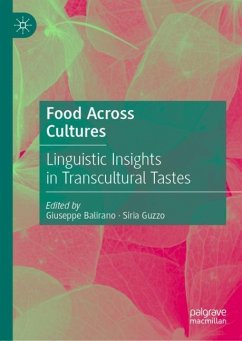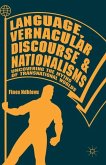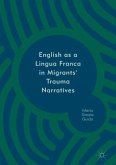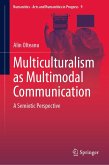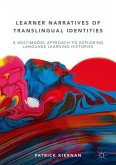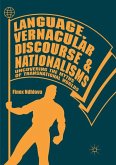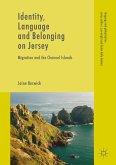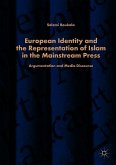This edited volume brings together original sociolinguistic and cultural contributions on food as an instrument to explore diasporic identities. Focusing on food practices in cross-cultural contact, the authors reveal how they can be used as a powerful vehicle for positive intercultural exchange either though conservation and the maintenance of cultural continuity, or through hybridization and the means through which migrant communities find compromise, or even consent, within the host community. Each chapter presents a fascinating range of data and new perspectives on cultures and languages in contact: from English (and some of its varieties) to Italian, German, Spanish, and to Japanese and Palauan, as well as an exemplary range of types of contact, in colonial, multicultural, and diasporic situations. The authors use a range of integrated approaches to examine how socio-linguistic food practices can, and do, contribute to identity construction in diverse transnational and diasporic contexts. The book will be of particular interest to students and scholars of translation, semiotics, cultural studies and sociolinguistics.
Bitte wählen Sie Ihr Anliegen aus.
Rechnungen
Retourenschein anfordern
Bestellstatus
Storno

